Introduction to Composite Materials Universal Testing Machines
Composite materials universal testing machines are essential instruments in the field of material analysis and quality control. These machines are engineered to assess the mechanical properties of composite materials, which are increasingly prevalent in various industries due to their advantageous strength-to-weight ratios. The testing machines evaluate tensile, compression, and bending properties, providing vital data for research and development, as well as quality assurance processes.
Types and Applications
The versatility of composite materials testing equipment allows for a wide range of applications. From aerospace to automotive, and construction to sports equipment, these machines play a crucial role in ensuring the performance and safety of composite material products. Different models cater to specific testing requirements, such as static load testing, dynamic/fatigue testing, and impact resistance.
Features and Materials
A universal testing machine for composites is characterized by its robust construction and precision components. Typically constructed from high-strength steel, these machines can withstand the high loads required to test composite materials. Advanced models feature digital controls, automated data acquisition, and customizable testing parameters to suit a variety of materials, including polymers, ceramics, and reinforced plastics.
Advantages of Using Universal Testing Machines
Employing a universal tensile machine for composite materials offers numerous advantages. It ensures consistency in testing procedures, provides accurate and repeatable results, and enhances the understanding of material behavior under different stress conditions. This information is critical for engineers and manufacturers who rely on precise material specifications for product development and quality control.
Selection Considerations
When selecting a composite material strength testing machine, consider the machine's capacity, accuracy, and adaptability to different testing standards. It's also important to evaluate the software integration capabilities, which can streamline the testing process and data management. While individual needs may vary, the common goal is to obtain a reliable and efficient testing solution for composite materials.
Complementary Testing Equipment
In addition to composite materials universal testing machines, other testing instruments may be required to complement the analysis. Devices such as hardness testers, thermal analyzers, and spectroscopy equipment can provide a comprehensive understanding of a material's properties and performance under various conditions.









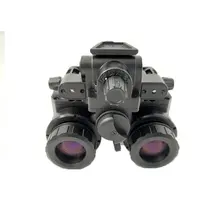

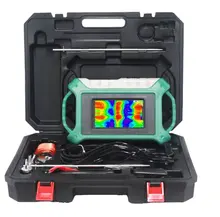

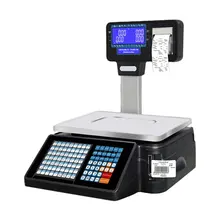


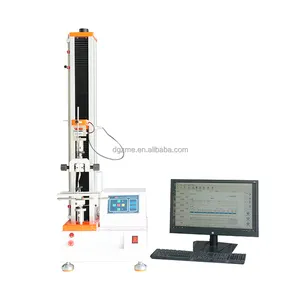
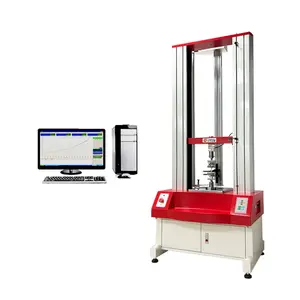
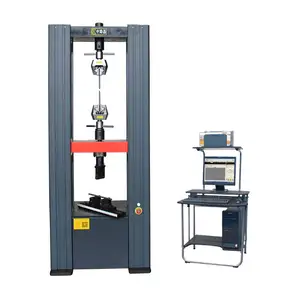












 浙公网安备 33010002000092号
浙公网安备 33010002000092号 浙B2-20120091-4
浙B2-20120091-4